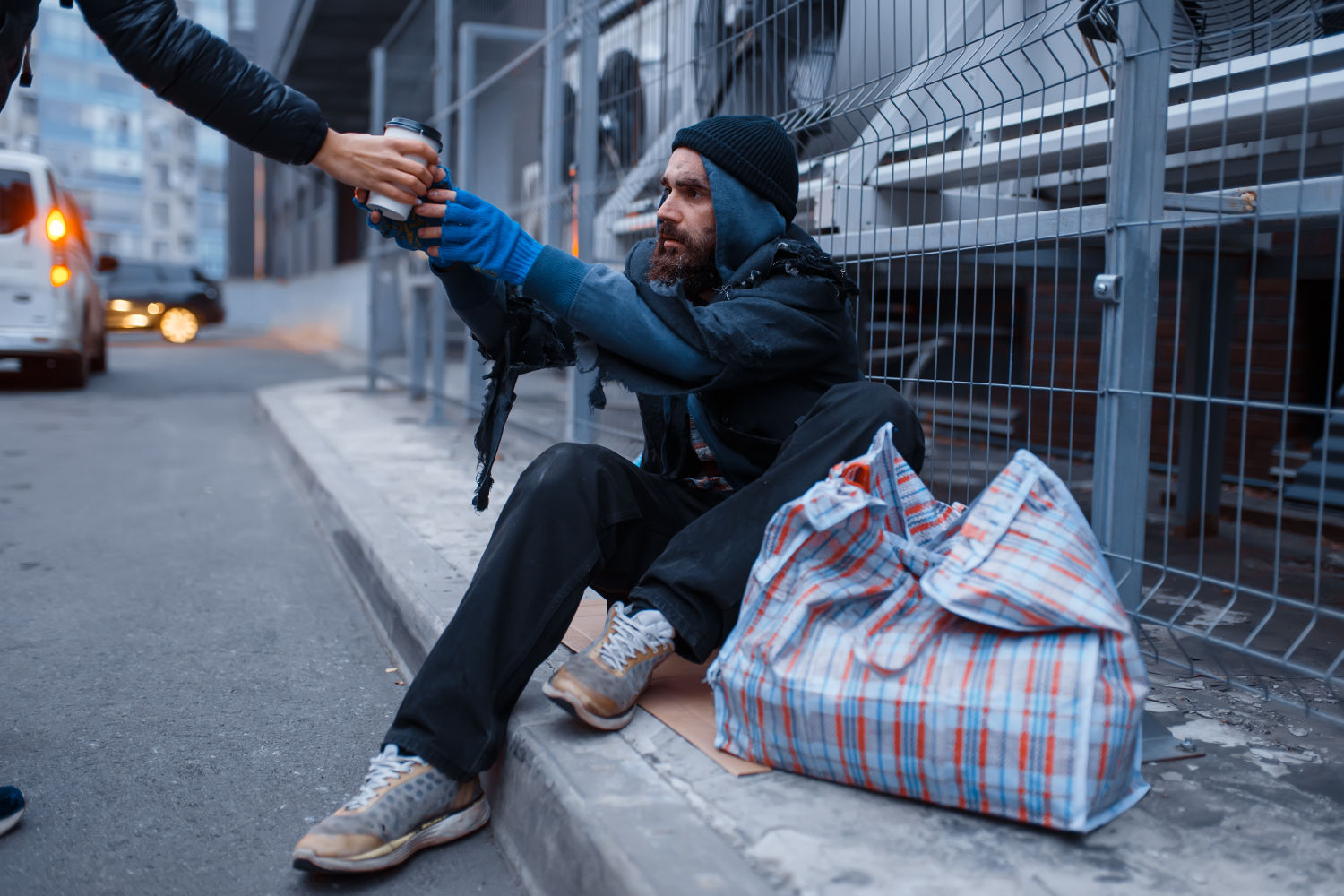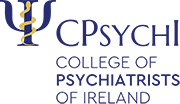Mental illness has long been recognised as both a cause and consequence of homelessness. In Ireland, new data released in March 2025 has cast a spotlight on just how severe this problem has become. According to a joint report by Depaul Ireland and Mental Health Reform, at least 1 in 2 people accessing homeless services are struggling with moderate to severe mental health conditions, including depression, anxiety, post-traumatic stress, and suicidal ideation.
For many, these challenges remain untreated and undocumented—part of what experts call Ireland’s “hidden mental health crisis.” This article explores the scale and complexity of the issue, analyses systemic failures, and offers expert insight from psychologist Dr. Becky Spelman, who calls for urgent, targeted interventions.
A Crisis Within a Crisis
The 2025 report—entitled “Mental Health & Homelessness: A Crisis Hidden in Plain Sight”—draws on data from Depaul’s emergency accommodation and supported housing services across Ireland. It reveals a staggering prevalence of mental illness, compounded by addiction, trauma, and prolonged exposure to unstable living environments.
Among its key findings:
- Over 50% of Depaul’s residents have a diagnosed mental illness or clear mental health symptoms.
- Comorbidity is common, with many experiencing both mental health conditions and substance dependency (known as dual diagnosis).
- Suicidal thoughts were reported by nearly one in four residents, with 11% having made a suicide attempt in the previous year.
- Many individuals reported that they had no access to appropriate mental health services, either because of wait times or due to being turned away for being in “active addiction.”
These findings mirror trends seen in the UK and other EU countries, but Ireland’s figures are significantly higher. While homelessness in general has grown to record levels—with more than 13,000 people officially homeless in early 2025—the severity of associated mental health struggles is reaching unprecedented levels.
Causes: Why Mental Illness and Homelessness Intersect
The relationship between homelessness and mental illness is not linear but circular. One exacerbates the other, often locking individuals in a cycle of instability and distress.
1- Mental Illness Leading to Homelessness
Individuals with unmanaged mental health conditions—such as schizophrenia, bipolar disorder, or severe depression—often struggle to maintain employment or stable relationships. In the absence of adequate family or community support, this can result in eviction, estrangement, and eventual homelessness.
2- Homelessness Creating Mental Illness
The experience of being homeless—especially rough sleeping—is traumatic in itself. Chronic stress, sleep deprivation, social isolation, and exposure to violence or abuse all contribute to the development of psychological conditions like PTSD and generalised anxiety.
3- Structural Failures
Perhaps the most frustrating factor is that many of these cases are preventable. Ireland has struggled to implement a coordinated, inclusive mental health strategy that specifically addresses the needs of those in unstable housing. Services are often siloed, meaning that people must first be “housing stable” or “substance free” before they can access mental health support—an impossible barrier for many.
System Failure Is “Killing With Neglect”
Dr. Becky Spelman, psychologist and founder of Private Therapy Clinic, commented on the systemic oversight:
“We are witnessing a population that is effectively being triaged out of care. The assumption seems to be that people must ‘get their lives in order’ before they can access therapy or psychiatric care—but that’s the very support they need to get their lives in order in the first place. In Ireland, the failure to provide integrated, housing-first, trauma-informed mental health support is not just neglect—it’s a silent killer.”
— Dr. Becky Spelman, 2025
Dr. Spelman’s comments reflect what frontline charities have been arguing for years: the current model is backward. Ireland’s health and housing systems treat mental illness as a personal failing, not a structural challenge.
Barriers to Care: Where the System Breaks Down
1- Lack of Dual Diagnosis Services
Many mental health professionals and facilities in Ireland still refuse to treat individuals who are actively using drugs or alcohol, even though this group has the highest risk of psychiatric crisis. The result? People with addiction and mental illness are bounced between services that each claim the other should be responsible.
2- Unstable Housing as a Disqualifier
In practice, many outpatient and even inpatient services expect patients to have stable accommodation or family support. Homeless individuals frequently miss appointments due to lack of phone access or transport and are then labelled “non-compliant,” excluding them from further care.
3- Fragmentation Across Sectors
Mental health, housing, addiction, and social care services are often managed by separate agencies. This fragmentation means that no one service takes ownership of the person’s care, leaving many to fall through the cracks.
The Human Cost: Stories From the Frontline
Interviews included in the 2025 report tell the stories behind the statistics. One man in his forties reported being turned away from addiction services because he was experiencing psychosis. A young woman in emergency accommodation shared that her severe anxiety went untreated for over a year because she had no GP and couldn’t get a mental health referral.
A frontline worker in Dublin summarised the issue:
“We’re fighting a losing battle. People need wraparound care—housing, therapy, medical support, and human dignity. We give them one out of four and wonder why they relapse.”
Solutions: What Ireland Must Do Now
The data makes it clear that Ireland’s current system isn’t working. But international models and local pilot programmes offer examples of what can work.
1- Adopt a ‘Housing First’ Approach
Evidence from Finland and Canada shows that when people are housed before mental health or addiction services are required, outcomes improve dramatically. Stable housing reduces hospitalisation, arrests, and suicide rates—and increases engagement with therapy and recovery.
2- Fund Dedicated Dual Diagnosis Teams
Integrated teams with both psychiatric and addiction specialists can provide holistic care. These teams should be embedded in homeless shelters and supported housing schemes across Ireland.
3- Mobile Mental Health Clinics
Several Irish NGOs have piloted outreach vans that bring psychologists and social workers directly to rough sleepers. With appropriate funding, these could be scaled nationally and linked to community crisis hubs.
4- Trauma-Informed Training
Shelter staff, GPs, and community workers must be trained in trauma-informed care. This means understanding behavioural challenges as symptoms of trauma, not as signs of non-compliance.
5- Create Mental Health Liaisons in Every Local Authority
A mental health lead in every county council could bridge the gap between housing services and the HSE, ensuring no vulnerable person slips through the net.
Public Perception and Political Will
Public sympathy for the homeless exists—but is often dampened by media narratives that paint rough sleepers as criminals or addicts. Changing the language around homelessness and mental health is critical. These are not moral failings, but public health emergencies.
Politically, the crisis has not been a top-tier priority, though that may be changing. Following publication of the March 2025 report, several TDs including Thomas Pringle and Gary Gannon called for an emergency Dáil debate and additional budget allocations.
However, advocates stress that funding without reform will fail. The system must be designed around people—not bureaucratic convenience.
A National Moral Imperative
Ireland stands at a crossroads. As housing pressures mount and cost-of-living concerns dominate public discourse, it is easy to overlook those who are already beyond the margins. But the consequences of inaction are measurable: suicide, overdose, untreated trauma, and escalating costs to the health and justice systems.
As Dr. Spelman puts it, “Mental health is not a luxury. For those without homes, it is often the difference between life and death.”
Ireland has the knowledge, the evidence, and the expertise. What remains is the will to act.















